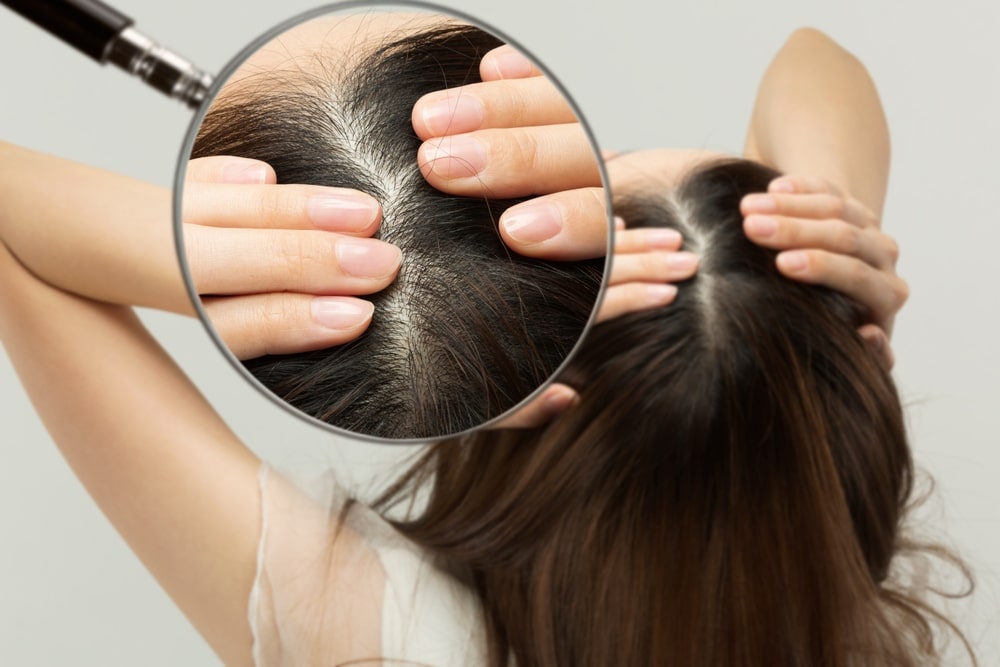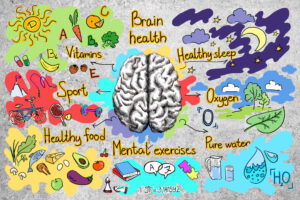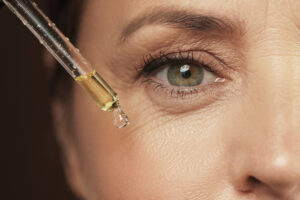Let’s talk about vitamin C deficiency!
You’ve probably heard many times about vitamin C and how good it is for your body, but it’s time to dive deeper into the subject and understand better why everyone is so focused on it. First of all, this is an antioxidant that protects your cells against the dangerous effects of free radicals, which can lead to heart disease and cancer, among others.
Secondly, Vitamin C (ascorbic acid) is an important nutrient for your body because it helps it form cartilage, blood vessels, muscle, collagen, and bones, and it also helps your body heal faster in case of a wound.
However, not many people get enough of this nutrient in their diets, and this can lead to vitamin C deficiency. While you won’t immediately see the side effects of lacking this nutrient, you need to fuel your body with the right things so it does its job properly.
Your health should always be a priority, so if you want to see whether you have vitamin C deficiency or not, we’re here for you! There are some subtle signs to watch out for, and we’ll cover everything today. Let’s begin!

1. You have bright red hair follicles
The hair follicles that are on your skin’s surface contain multiple small blood vessels that supply nutrients and blood to the area. When you have a vitamin C deficiency, these tiny blood vessels are fragile and can easily break. As a result, you might notice small and bright red spots around your hair follicles.
In medical terms, this is known as perifollicular hemorrhage, and experts say that you can quickly get rid of this by taking vitamin C supplements, such as these ones, for a couple of weeks.
2. Your skin is dry and damaged
Healthy skin is full of vitamin C, especially the epidermis, or the outer layer of your skin. This nutrient’s job is to keep your gorgeous skin healthy by protecting it from oxidative damage caused by the strong sun’s rays and exposure to pollutants like ozone or cigarette smoke.
Vitamin C is also important because it helps your body produce collagen, which keeps your skin looking juicy, youthful, and plump. Experts say that a sign of vitamin C deficiency is dry and damaged skin. However, scientists need to study this subject more because more recent studies say that dry skin can be caused by many other factors besides a lack of this vitamin.

3. You bruise easily
If you bruise easily, you might suffer from a vitamin C deficiency. A bruising will appear when the blood vessels under the skin break, and your blood will leak into the surrounding areas. They look like a mark on your skin and have different shades of red, purple, blue, and black. The majority of them don’t need treatment and will change their color as they heal.
Doctors say that one of the reasons you might bruise easily is because your body doesn’t have enough vitamin C. Since you don’t have enough of this nutrient, you also don’t have the proper amount of collagen, so your blood vessels are weak. If you notice that you can bruise within a few seconds or minutes after a minor incident, you should check in with your doctor.
4. Your skin looks rough and bumpy
As we’ve already discussed, vitamin C plays a huge role in collagen production, a wonderful protein that keeps your skin, nails, hair, joints, blood vessels, and bones healthy and strong. If you have a vitamin C deficiency, you might also suffer from keratosis pilaris.
This disorder causes an accumulation of keratin protein inside your pores, which results in rough “chicken skin” on the back of your upper arms, thighs, or buttocks. If you have vitamin C deficiency, it will take your body 3 to 5 months to develop keratosis pilaris, but don’t worry, because this can easily be fixed with supplements.
If you took vitamin C supplements but still have chicken skin even after a few months, you should talk to your doctor because there might be other issues you need to take care of.
5. Your body hair is shaped like a corkscrew
Another thing you might notice due to vitamin C deficiency is body hair shaped like a corkscrew. Since your hair doesn’t contain the amount of protein it needs, it won’t grow normally, and you’ll notice it grows in coiled or bent shapes.
Keep in mind that your hair might be fragile due to your vitamin C deficiency, so it might fall before you have the chance to take a look at it. Experts say that this symptom can be easily resolved with a couple of weeks of treatment with the right amounts of vitamin C.
6. Your fingernails are spoon-shaped with lines or red spots
Concave nails, often known as spoon-shaped nails, are usually thin and brittle, and they’re a side effect of vitamin C deficiency. However, experts say there might be other reasons why you experience this, such as iron deficiency anemia.
Lack of vitamin C can also cause splinter hemorrhage, which is characterized by red patches or vertical lines in your nail bed that break easily due to weak blood vessels.
Keep in mind that the appearance of fingernails and toenails might not always be a diagnostic indicator of vitamin C deficiency, but you should talk to your doctor about it because it might be a sign of a health issue.
7. Your wounds take longer to heal
We know that everybody is different, so there’s no specific time for how long it takes a wound to heal. However, as we’ve already said at the beginning of this article, vitamin C deficiency slows the rate of collagen formation, which means that your wounds will take longer to heal.
Scientists discovered that people who suffer from chronic, non-healing leg ulcers are more likely to suffer from a lack of vitamin C compared to those who are healthy. If your body is highly affected by a lack of this nutrient, you might notice that your old wounds will reopen, so be careful about it because this increases your risk of infection.
You’ll experience this side effect after multiple months of vitamin C deficiency, and besides taking proper supplements and focusing on foods that are rich in nutrients and minerals, you should ask for a professional’s opinion because additional treatment might be required.
8. Your bones are weak
Believe it or not, vitamin C deficiency can make your bones weak, and researchers have linked it to an increased risk of osteoporosis and fracture. Since this nutrient plays a key role in bone formation, a deficiency can increase the rate of bone loss, especially in children and seniors.

9. Your joints are painful and swollen
Your joints contain plenty of collagen connective tissue, and they will be highly affected by a vitamin C deficiency. Experts discovered that many patients who experienced a lack of these nutrients complained about joint pain, even limping, and difficulty walking.
In more severe cases, people can also experience bleeding within the joints, causing additional pain and swelling. However, experts say that, depending on the gravity of your deficiency, you can treat this problem within a week with the right supplements.
10. Your gums are bleeding
Did you know that swollen, red, and painful gums are a side effect of vitamin C deficiency? Since this nutrient is so important for your entire body, not having enough of it will also affect your dental health, inflaming your gums and making your blood vessels more susceptible to bleeding.
People who suffer from vitamin C deficiency for a long time might experience purple and rotten gums. If you notice this problem, you should take care of it ASAP because it can lead to further complications, such as tooth loss and weak dentin, which is the calcified inner layer of teeth. Do not forget to schedule an appointment with your doctor to find out more about your health.
Have you ever experienced a vitamin C deficiency? How did you solve this issue? Let us know in the comments below! If you find this article helpful and you want to check out something else from Golden Years Bliss, here’s a good post for you: These 8 Medical Tests in Your 50s Might Save Your Life



















